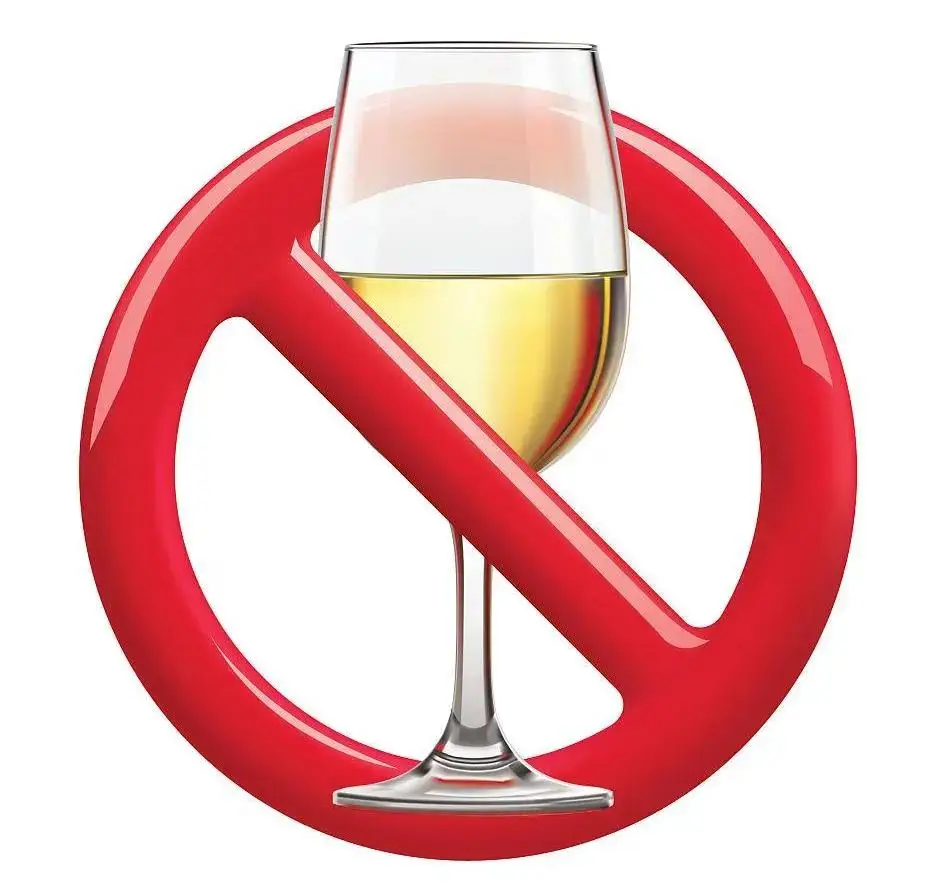Navigating Non-Kosher Snack Choices During Alcohol Cessation
The journey to sobriety is a multifaceted process that involves not only breaking free from alcohol dependence but also reevaluating and restructuring one’s dietary and lifestyle habits. For individuals who observe kosher dietary laws, this journey presents a unique set of challenges, particularly when it comes to selecting snacks that provide comfort and satisfaction without compromising religious principles. However, what happens when someone in recovery finds themselves drawn to non-kosher snacks? This article explores the intersection of alcohol cessation and snack selection, with a focus on the considerations and potential conflicts that may arise when non-kosher options enter the picture.
The Role of Snacking in Alcohol Recovery
When individuals stop consuming alcohol, their bodies undergo significant changes. Alcohol often serves as a source of empty calories, and when it is removed from the diet, many people experience increased cravings for sugary or fatty foods. This is partly because alcohol affects blood sugar levels and the brain’s reward system. Snacking, therefore, becomes a tool for managing these cravings, stabilizing mood, and preventing relapse. Healthy snacks can provide essential nutrients that support the body’s healing process, while less nutritious options may offer temporary emotional comfort.
For those following a kosher diet, snack choices are already limited to foods that comply with Jewish dietary laws. These laws prohibit certain animals, require specific slaughtering methods, and forbid mixing dairy and meat products. Kosher-certified snacks are widely available, but individuals in recovery may sometimes find themselves in situations where non-kosher snacks are more accessible or appealing. This can create a moral and emotional dilemma, especially during a time when willpower is already being tested.
Why Non-Kosher Snacks Might Be Tempting
During alcohol cessation, emotional and psychological factors often drive food choices. Stress, anxiety, and boredom—common experiences in early recovery—can lead to cravings for familiar, comforting foods. For some, these foods may include non-kosher items such as pork rinds, certain types of cheese, or snacks containing non-kosher gelatin. These foods might be associated with positive memories or social situations, making them particularly appealing when one is seeking solace.
Additionally, non-kosher snacks are often more readily available in non-kosher environments, such as workplaces, social gatherings, or convenience stores. For someone in recovery who is already struggling with the urge to drink, the convenience of these snacks can be hard to resist. The combination of heightened emotional sensitivity and reduced impulse control during this period can make it even more challenging to adhere to dietary laws.
Balancing Religious Observance and Recovery Needs
Navigating the choice between kosher and non-kosher snacks during alcohol cessation requires a delicate balance. For those who strictly observe kosher laws, consuming non-kosher food is not an option. However, recovery is a time when self-compassion and flexibility are crucial. If a person occasionally chooses a non-kosher snack to avoid relapse into alcohol use, it may be viewed as a necessary compromise in the broader context of health and well-being. This is not to suggest that religious principles should be abandoned, but rather to emphasize that recovery often involves prioritizing one’s mental and physical health.

It is also important to recognize that the guilt or stress associated with breaking dietary laws could potentially undermine recovery efforts. Therefore, individuals in this situation may benefit from seeking guidance from a rabbi or a religious counselor who understands the complexities of addiction recovery. Many religious leaders emphasize the principle of pikuach nefesh, which permits the violation of certain laws to preserve life and health. In this context, choosing a non-kosher snack to support sobriety could be justified as an act of self-preservation.
Practical Strategies for Making Informed Choices
For those committed to maintaining kosher observance while navigating alcohol cessation, planning ahead is key. Here are some practical strategies to help manage snack choices without compromising religious or recovery goals:
-
Stock Up on Kosher Comfort Foods: Keep a variety of kosher-certified snacks on hand that provide the same satisfaction as non-kosher alternatives. For example, veggie chips, kosher-certified chocolates, or nuts can serve as substitutes for non-kosher crunchy or sweet snacks.
-
Read Labels Carefully: Many snacks that appear kosher may contain non-kosher ingredients. Familiarize yourself with common non-kosher additives, such as certain types of gelatin or animal-derived enzymes, and look for reliable kosher certifications on packaging.
-
Prepare Homemade Snacks: Making snacks at home allows for complete control over ingredients. This can be a therapeutic activity that also ensures compliance with dietary laws.
-
Seek Support: Connect with support groups or individuals who understand both the challenges of recovery and the importance of kosher observance. Sharing experiences and strategies can provide encouragement and practical advice.
-
Practice Mindfulness: Before reaching for a snack, take a moment to assess whether the craving is driven by hunger, emotion, or habit. Mindfulness techniques can help distinguish between physical needs and emotional urges, making it easier to choose snacks that align with both health and religious goals.
The Bigger Picture: Health and Spirituality
Ultimately, the goal of alcohol cessation is to build a healthier, more fulfilling life. For those who observe kosher laws, this includes honoring spiritual commitments as well as physical well-being. While non-kosher snacks might occasionally seem like a tempting shortcut, they are not necessary for a successful recovery. With careful planning, support, and self-compassion, it is possible to find snacks that satisfy both the body and the soul.
In moments of weakness, remember that recovery is a journey, not a destination. Every choice made in favor of sobriety is a step forward, and occasional setbacks do not define the entire process. By aligning snack choices with both recovery needs and religious values, individuals can create a sustainable path toward lasting health and spiritual fulfillment.
In conclusion, selecting snacks during alcohol cessation is about more than just curbing cravings—it is about making choices that support overall well-being. For those adhering to kosher dietary laws, this may require extra effort and mindfulness, but it is entirely achievable. By prioritizing both physical health and spiritual integrity, individuals can navigate this challenging time with grace and resilience.





发表评论